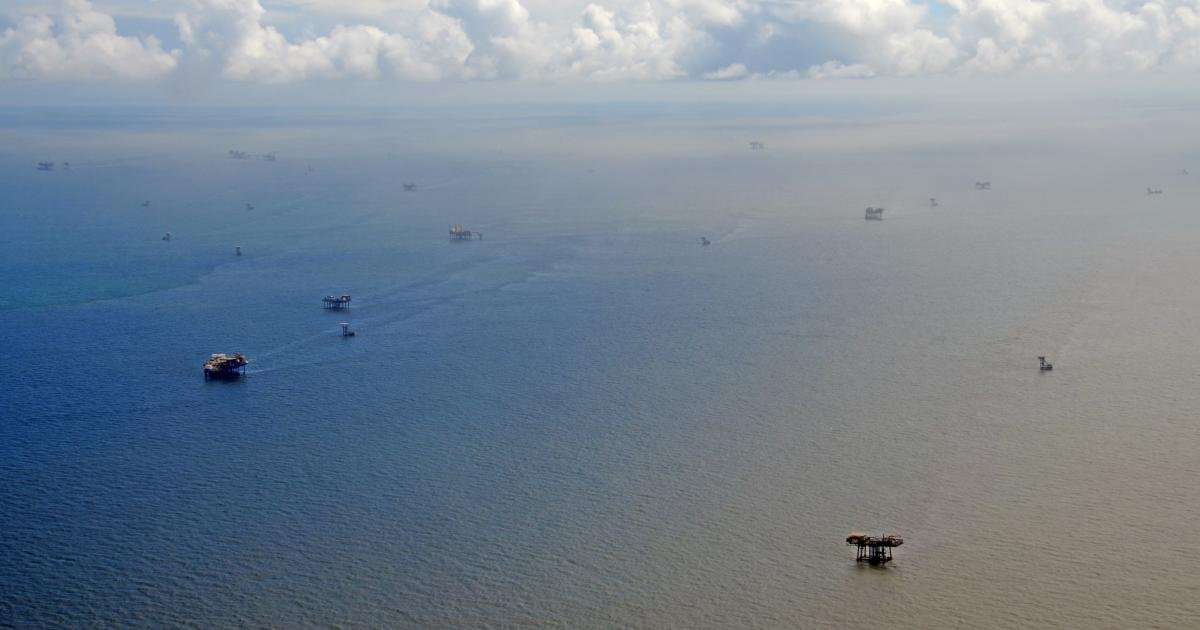From NRDC
For decades, coastal communities, marine life, and taxpayers have been paying the price for the wells and drilling platforms that Big Oil leaves behind in our ocean. A new rule from the Bureau of Ocean Energy Management (BOEM) takes the first step towards addressing idle and abandoned infrastructure by increasing financial assurance requirements for the offshore oil and gas industry. BOEM’s rule will raise an estimated $6.9 billion from oil and gas companies, which will help protect taxpayers from footing the bill to clean up offshore wells and platforms that industry leaves behind.
Although oil and gas lessees currently commit to plugging wells and decommissioning platforms within one year after the end of their lease or when facilities are no longer useful for operations, industry has routinely failed to meet these obligations on time—or at all. The Government Accountability Office (GAO) reported that, for Gulf of Mexico leases that ended in 2010 through 2022, operators missed end-of-lease decommissioning deadlines for over 40% of wells and 50% of platforms. As of June 2023, over 1,700 end-of-lease wells and 300 end-of-lease platforms in the Gulf of Mexico were delinquent.
The cost to taxpayers of cleaning up this mess could be massive. If companies do not meet their obligations, GAO’s report estimated that the public would be on the hook for at least $36.5 billion in decommissioning liabilities. The risk of companies permanently abandoning offshore wells and platforms is very real. Thirty-seven offshore oil and gas operators have filed for bankruptcy since 2009. And BOEM and its sister agency, the Bureau of Safety and Environmental Enforcement (BSEE), expect bankruptcies to continue increasing, according to GAO’s report.




